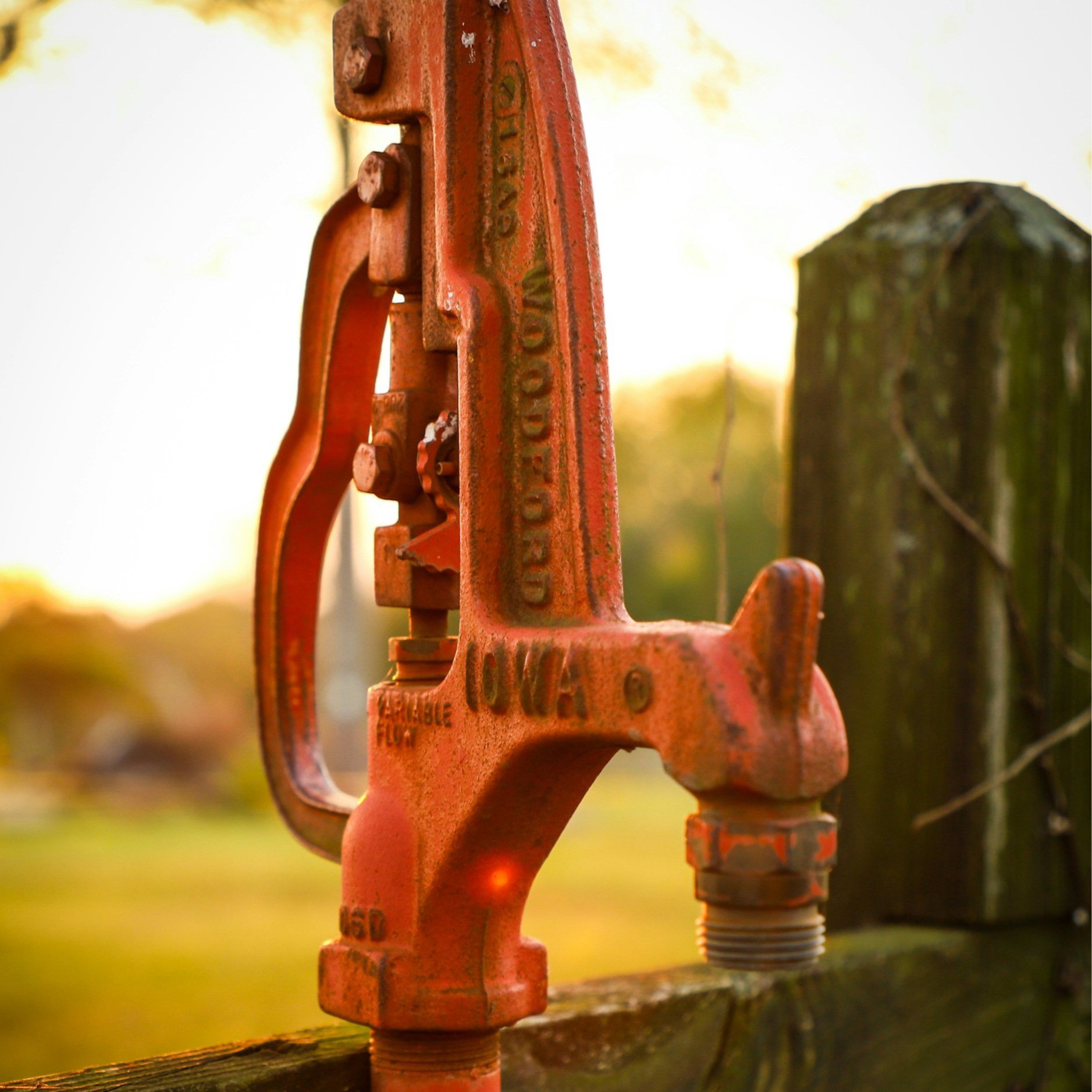Preventing Irrigation Pump Failures: Maintenance Tips for Florida’s Growing Season
Florida’s thriving agriculture and lush landscapes rely heavily on irrigation systems.
Florida’s thriving agriculture and lush landscapes rely heavily on irrigation systems. A well-maintained pump keeps water flowing efficiently, preventing costly downtime during peak growing months. Regular maintenance preserves pump longevity while promoting optimal performance. Without proper care, irrigation pumps can suffer from mechanical breakdowns, decreased efficiency, and increased operational costs. Proactive maintenance helps avoid these issues and keeps water distribution consistent.
Regular Inspections Reduce Downtime
Routine visual inspections help identify issues before they become significant problems. Checking for leaks, worn seals, or unusual noises provides early warning signs of potential failure. A proactive approach prevents small issues from escalating into expensive repairs. Keeping an eye on pressure levels and monitoring for fluctuations helps detect inefficiencies within the system. Inspecting hoses, valves, and connections for signs of wear or corrosion prevents sudden breakdowns. Identifying and addressing small leaks reduces water waste and helps maintain steady irrigation performance.
Lubrication Keeps Components Running Smoothly
Proper lubrication prevents premature wear on essential components. Bearings and moving parts require regular greasing to reduce friction and heat buildup. Manufacturer guidelines specify the appropriate type and frequency of lubrication. Over-lubrication can be as harming as under-lubrication, leading to component damage or inefficiencies. Regular lubrication verifies smooth operation, reduces mechanical stress, and prolongs the lifespan of moving parts. Keeping a maintenance log helps track lubrication schedules and prevents missed servicing intervals.
Filter Maintenance Improves Efficiency
Filters are fundamental in preventing debris from entering the pump system. Clogged or dirty filters restrict water flow, forcing pumps to work harder. Regular cleaning or replacement supports optimal performance and extends pump life. Inspecting filters periodically certifies uninterrupted operation during peak demand. A well-maintained filter system protects pumps from sediment accumulation, algae growth, and mineral deposits, which can reduce water quality and hinder performance. Using high-quality filters designed for specific water sources enhances filtration effectiveness.
Monitor Electrical Components for Consistent Operation
Electrical connections and motor components require regular assessment to avoid unexpected failures. Loose or corroded wiring affects efficiency and poses safety hazards. Checking voltage levels and inspecting starter contacts prevents electrical malfunctions. Motor overheating often results from dust accumulation or poor ventilation, making routine cleaning essential for reliable performance. Keeping electrical enclosures clean and free of moisture prevents shorts and potential failures. Identifying and addressing power supply inconsistencies helps protect the motor from harm caused by voltage fluctuations.
Addressing Cavitation Prevents Long-Term Damage
Cavitation occurs when vapor bubbles shape in the pump, causing excessive wear on internal components. High-speed implosions of these bubbles create pitting and erosion, leading to significant damage over time. Maintaining proper suction levels, monitoring water flow, and preventing blockages help reduce cavitation risks. Adjusting impeller speed and pressure settings ensures smooth operation while minimizing cavitation effects. Addressing cavitation promptly prevents costly repairs and helps maintain pump efficiency.
Protecting Pumps from Environmental Factors
Florida’s climate presents challenges, including humidity, heat, and seasonal storms. Pumps exposed to direct sunlight or heavy rainfall benefit from protective covers or housing structures. Waterproofing electrical components and shielding pumps from extreme temperatures enhance longevity. Securing pump installations against high winds reduces damage risks during hurricane season. Using rust-resistant coatings on exposed metal parts prevents corrosion and degradation. Protecting pumps from environmental stressors verifies year-round reliability and performance.
Seasonal Shutdown and Storage Practices
During off-seasons or periods of low usage, proper shutdown procedures prevent damage from inactivity. Draining excess water, disconnecting power sources, and storing pumps in climate-controlled environments protect components from corrosion and freezing. Restarting a pump after an extended shutdown requires a thorough inspection to confirm readiness for operation. Flushing out residual water and inspecting seals before restarting prevents operational issues. Proper storage techniques extend pump longevity and reduce the risk of mechanical failures.
Efficient Water Management for Pump Longevity
A well-maintained irrigation pump supports sustainable water use. Proper scheduling of irrigation cycles reduces strain on the system. Avoiding excessive run times minimizes wear while conserving resources. Regular assessments of water sources help maintain pump efficiency by preventing sediment buildup or contamination. Implementing water-efficient practices, such as drip irrigation and smart controllers, reduces overall demand on the pump. Using flow meters and monitoring water usage prevents overuse and improves irrigation effectiveness.
Professional Maintenance Extends Lifespan
While routine maintenance handles minor upkeep, professional servicing detects hidden issues requiring expert attention. Technicians perform in-depth diagnostics, precision adjustments, and comprehensive performance evaluations. Partnering with a skilled professional for periodic inspections enhances system reliability while optimizing efficiency. Advanced maintenance services include vibration analysis, thermal imaging, and flow testing to detect early signs of wear. Regular professional assessments keep pumps operating at peak efficiency and prevent costly emergency repairs.
Reliable irrigation pumps support successful growing seasons, keeping crops, landscapes, and commercial properties thriving. Consistent maintenance and proactive care provide long-term benefits, preserving operational integrity and minimizing unexpected failures. A well-maintained pump system delivers dependable performance, supports efficient water distribution, and safeguards agricultural investments. Investing time and resources into preventative maintenance leads to improved productivity and long-term savings.
Pump Repair Services has over 32 years of experience providing reliable irrigation pump repair and centrifugal pump repair services in the Orlando area. Our extensive industry knowledge and experience allow us to handle any well or pump-related issues efficiently. 24-hour emergency services available. Call us to book a service and get outstanding service and customer experience.

